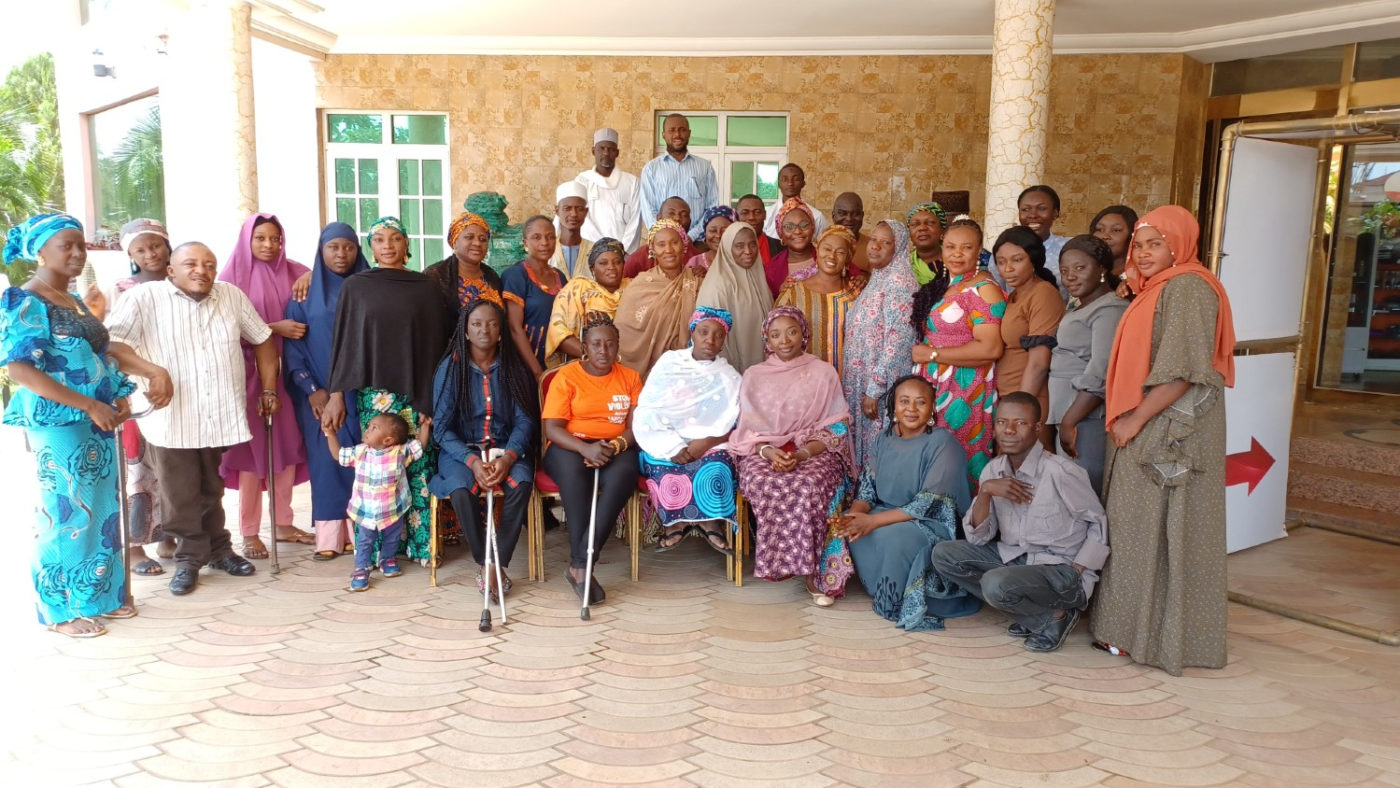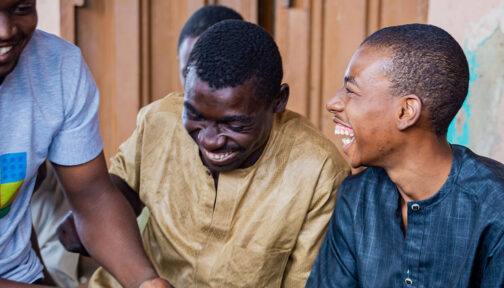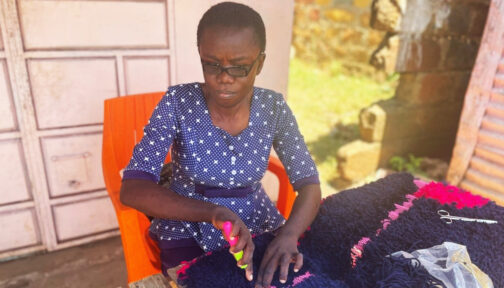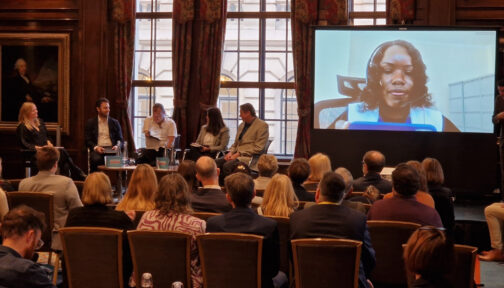
In January 2022, Inclusive Futures launched an inclusive family planning project in Northern Nigeria, a new initiative focused on improving access to family planning for people with disabilities.
The project has a predominant focus on Kaduna state, although some activities will have a broader reach across other Hausa-speaking states in Nigeria. The initiative aims to contribute to the reduction of unmet need for family planning and increased access to available modern contraceptives by people with disabilities, particularly adolescent girls and young women with disabilities.
Barriers to contraception for women and girls with disabilities
Evidence from Nigeria suggests that women and girls with disabilities face multiple forms of discrimination in accessing the health services they require, including family planning services and contraceptives.
Key issues include stigma, negative attitudes and discrimination from family, community members and health workers, infrastructural barriers within health facilities, and the limited implementation of anti-discrimination policies. People with disabilities, and particularly adolescent girls and young women with disabilities, also face significant barriers with regards to free and informed choice and bodily autonomy related to the use of contraceptives and the choice of contraceptive methods – and experience a higher risk of forced and coerced sterilisation and contraception. All these barriers are further compounded by intersecting forms of discrimination and disadvantage, as well as contextual factors, such as poverty, type and severity of impairment, age and gender.
Embracing human-centred design for equitable access to family planning
During the summer of 2022, Inclusive Futures consortium partners carried out formative research to investigate in more depth the specific barriers faced by different groups of people with disabilities – and to identify suitable approaches and stakeholders who could contribute to promoting equitable access to family planning services and contraceptives for women and men with disabilities.
They then organised a three-day co-creation workshop in Kaduna, engaging people with disabilities and their representative organisations, community and religious leaders, policy makers, and representatives from the public and private health sector. Participants had the opportunity to review early findings from the study and take part in a creative process to draft a wide range of social and behaviour change approaches targeting different audiences – such as people with disabilities, families and communities, health workers and decision-makers.
The co-creation process took a human-centred design approach to strengthen the profiles of target audiences from the formative research into behavioural archetypes. This was necessary for ensuring activities could leverage behavioural insights and design thinking in changing the hearts and minds of communities, people with disabilities, and service providers – with a view to ensuring family planning services and information are accessible, equitable and inclusive for all. The ideas and approaches generated through this highly participatory approach will feed into the design of a comprehensive social and behaviour change strategy – which will include the development of a radio drama and a wide range of interpersonal communication activities.
Influencing gatekeepers: planting seeds for equitable access to healthcare
The consortium of partner organisations working on the project, is engaging with key decision-makers who play significant roles in shaping health services in Kaduna – to sensitise them on the importance of mainstreaming disability inclusion and gender equity within health systems.
So far, they have facilitated sessions on the inclusion of people with disabilities in the health sector for the Kaduna State Traditional Council on Health and have run a workshop for Secretaries and Directors of Health in local government during their annual operational planning meeting on incorporating disability inclusion into their existing services and upcoming activities. Those taking part had the opportunity to reflect on the barriers experienced by people with disabilities seeking healthcare – including family planning and contraceptives – and resolved to make deliberate efforts aimed at ensuring that people with disabilities, especially adolescent girls and young women with disabilities, are ensured equitable access to family planning services and other health services.
As one of the participants commented:
“We may not be able to solve all issues in a single year, but we shall start somewhere – and gradually, inaccessible health service for people with disabilities will become a thing of the past. The journey to having an inclusive health system is irreversible.”
This project is funded by the UK Foreign, Commonwealth and Development Office (FCDO) and is led by Sightsavers and BBC Media Action, in partnership with the Joint National Association of Persons with Disabilities (JONAPWD) and the Network of Women with Disabilities (NDW). It works closely with the Nigerian Primary Healthcare Development Agency. The project further collaborates with the Lafiya programme led by Palladium, and will feature an impact assessment led by PENDA, a consortium managed by the International Centre for Evidence in Disability (ICED).
More news and opinions

Global Disability Summit 2025: Closing the gap between disability inclusion and development
Inclusive Futures is attending the summit in Berlin on 2-3 April. Visit our booth or attend our panel event to connect with us and learn more about our programme insights.

Sense International wins prestigious Zero Project award for its work with entrepreneurs with disabilities
Sense International has won a 2025 Zero Project Award for empowering individuals with deafblindness and complex disabilities in Kenya to build successful businesses and achieve financial independence.

Driving change: launching the six principles for inclusive development
Inclusive Futures and the UK Foreign, Commonwealth & Development Office marked International Day of People with Disabilities by jointly hosting an event to launch the six principles for inclusive development.